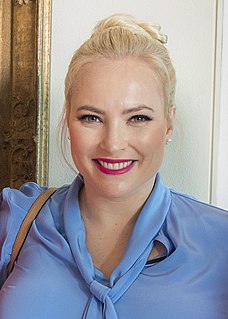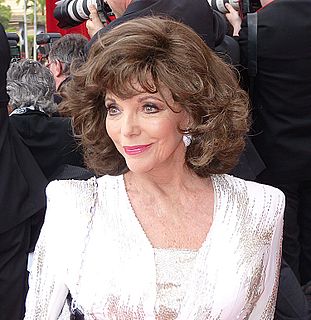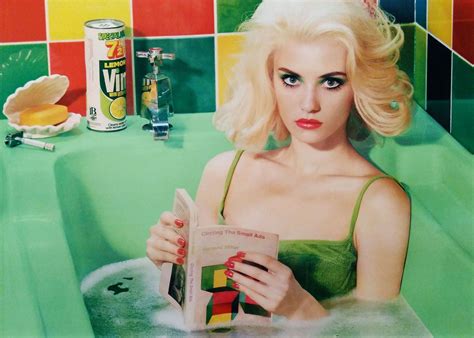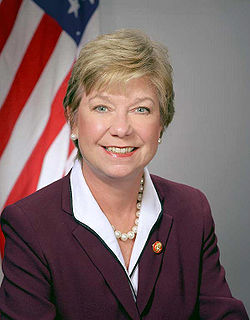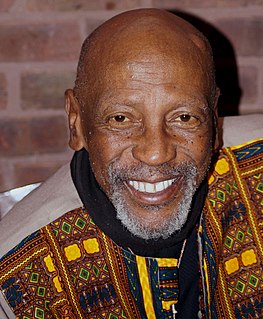A Quote by Hilary Mantel
It follows that if you are not a mother you are not a grandmother. Your life has become unpunctuated, whereas the lives of other women around you have these distinct phases.
Related Quotes
An ethic of maternalism was central to the utopianism of 19th century feminists. I don't think that today's women see motherhood as a source of personal power, let alone political power. I don't think that women now have that same sense that their lives as mothers gives them any special power or virtue. I think women see their lives as mothers as an adjunct to their working lives - a fulfilling and important adjunct, to be sure - but something they do in addition to working in the public realm, not because being a wife and mother gives them a distinct edge in improving the world as we know it.
It's right around this time that her Grandmother Hall dies. And Eleanor Roosevelt is responsible for making all the funeral arrangements. And there are a couple of things that she really understands, as she contemplates her grandmother's life and makes the funeral arrangements. One, she's really talented, an organizational woman. She knows how to do things. She begins to compare her life to her grandmother's life. And it's very clear to her that being a devoted wife and a devoted mother is not enough.
The myth of independence from the mother is abandoned in mid- life as women learn new routes around the mother--both the mother without and the mother within. A mid-life daughter may reengage with a mother or put new controls on care and set limits to love. But whatever she does, her child's history is never finished.
Growing up, I thought my grandfather was dead. Later, I learned he was alive, but my family pretended he didn't exist because of the terrible way he'd abused my grandmother and my mother. He did things like shave my grandmother's head and lock her in a closet. With my mother's help, my grandmother finally left him.
It is very difficult to understand why in this country [India] so much difference is made between men and women, whereas the Vedanta declares that one and the same conscious Self is present in all beings. You always criticize the women, but say what have you done for their uplift? Writing down Smritis etc., and binding them by hard rules, the men have turned the women into manufacturing machines! If you do not raise the women, who are living embodiment of the Divine Mother, don’t think that you have any other way to rise.

